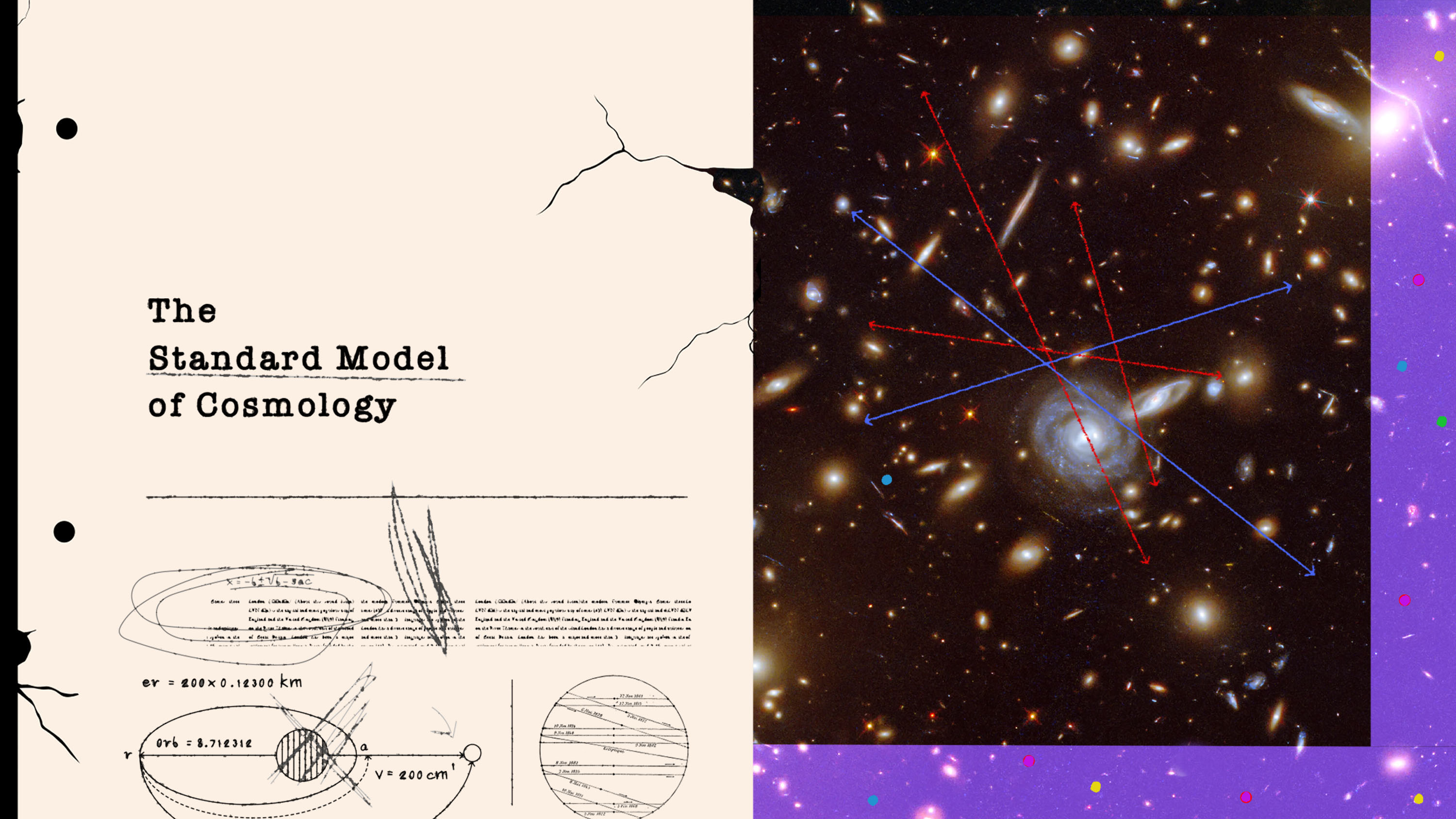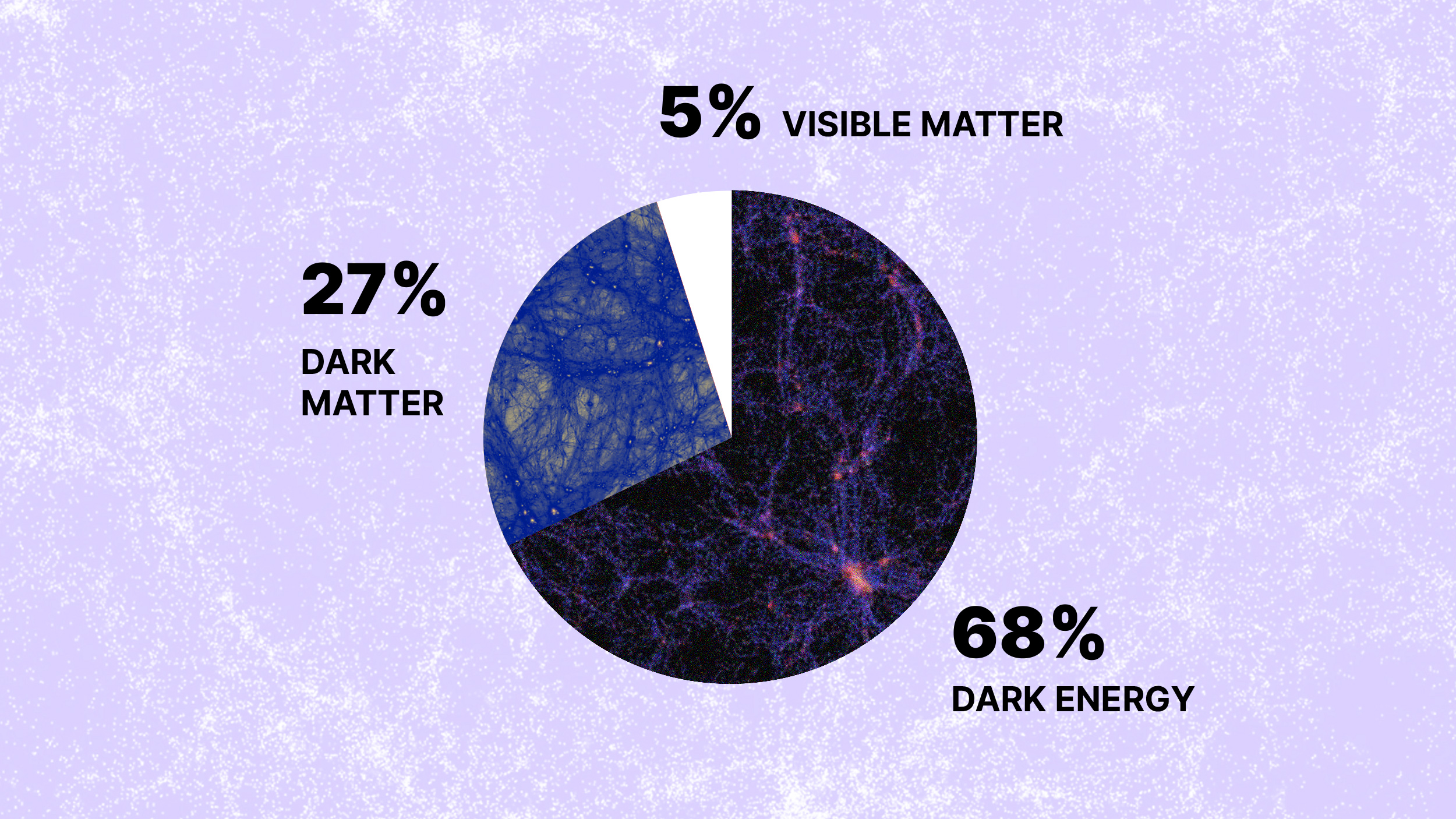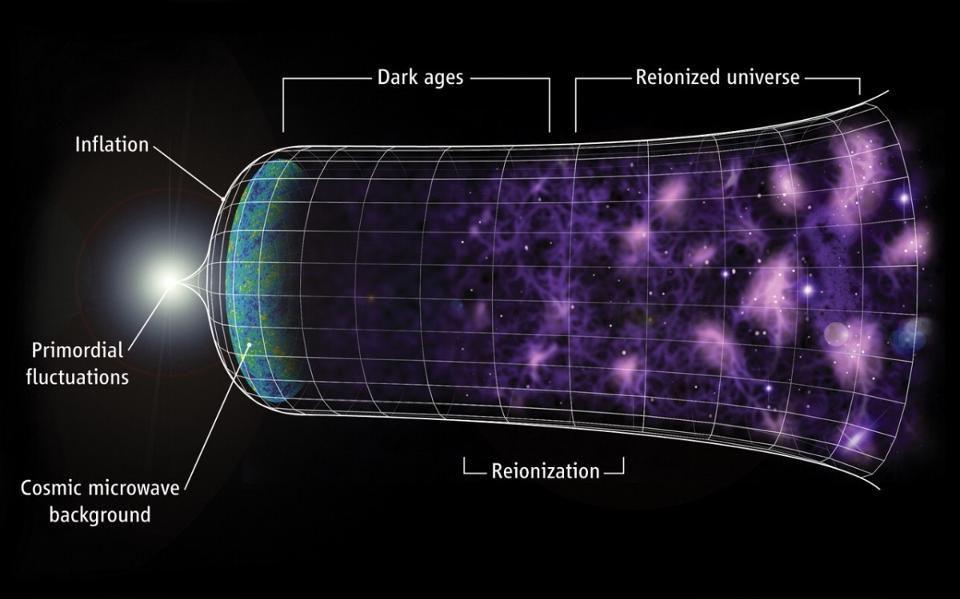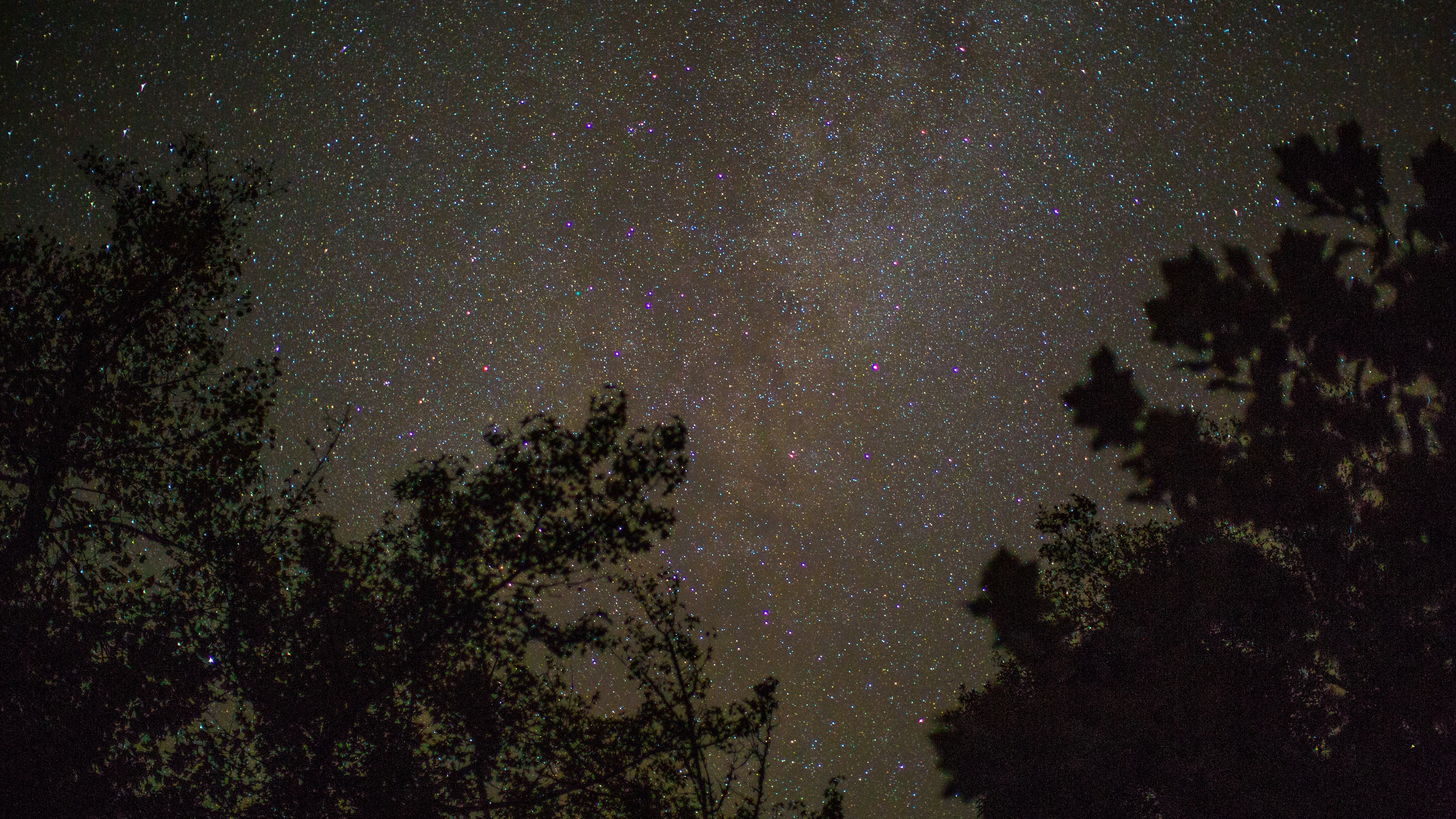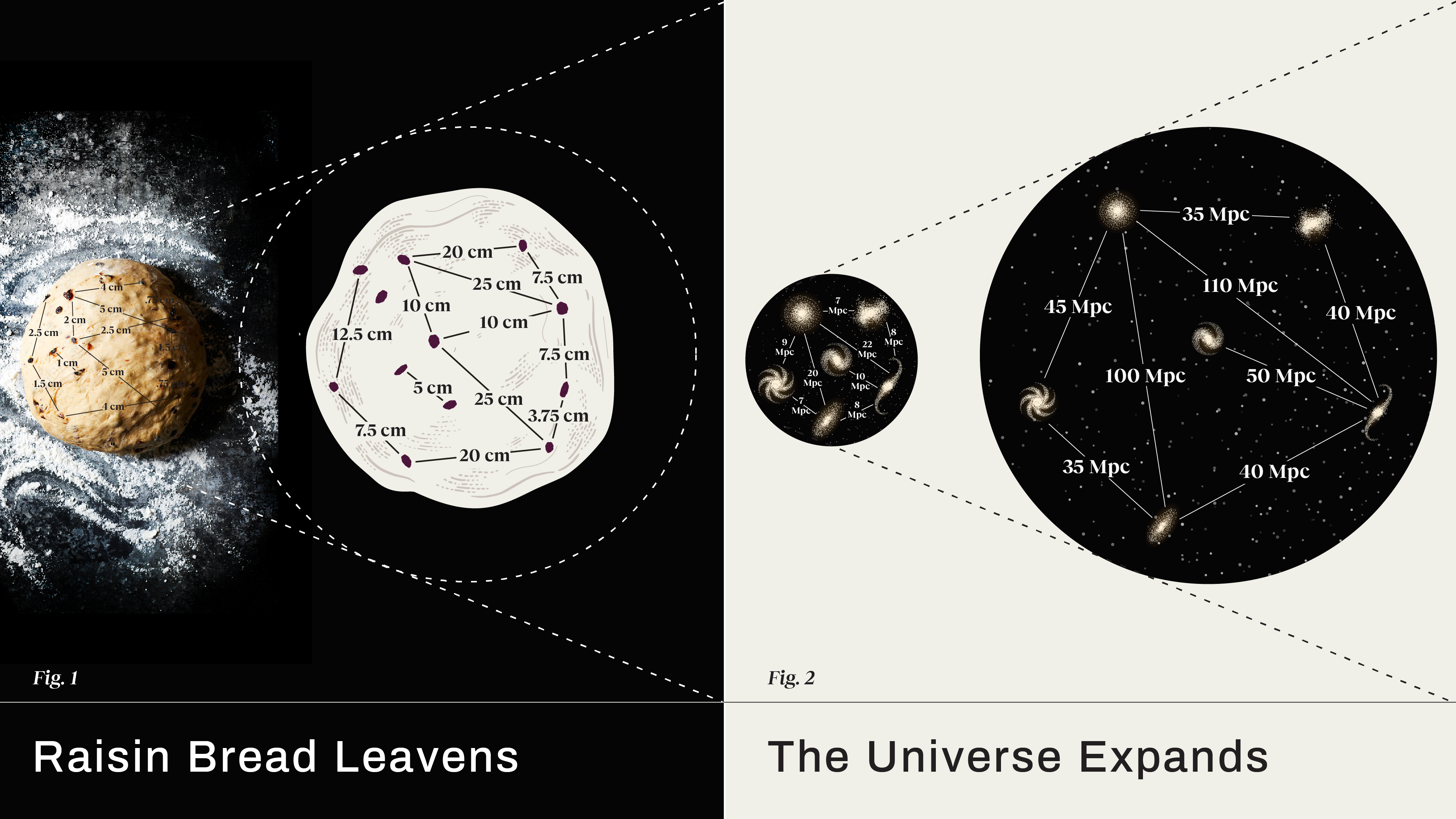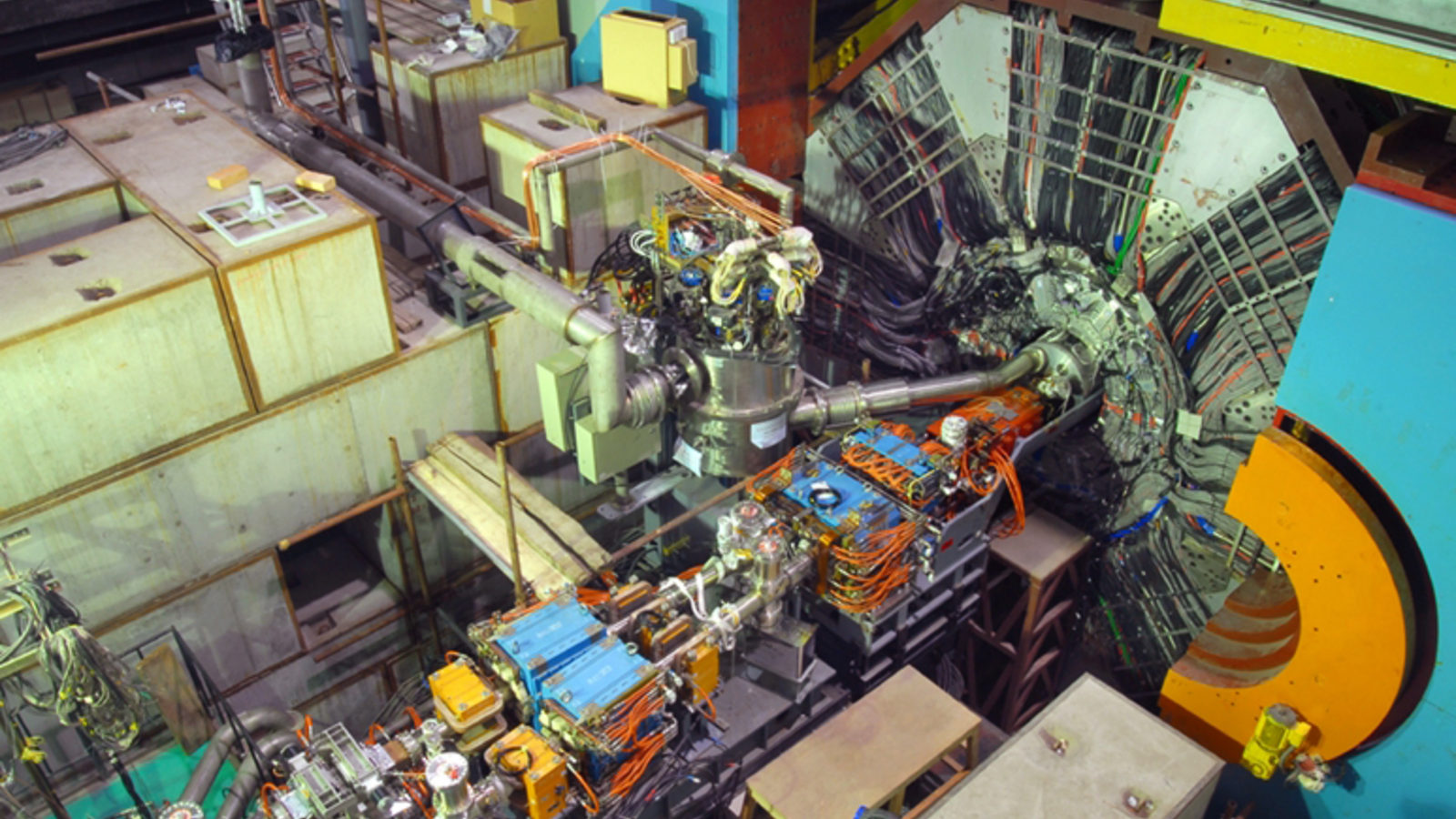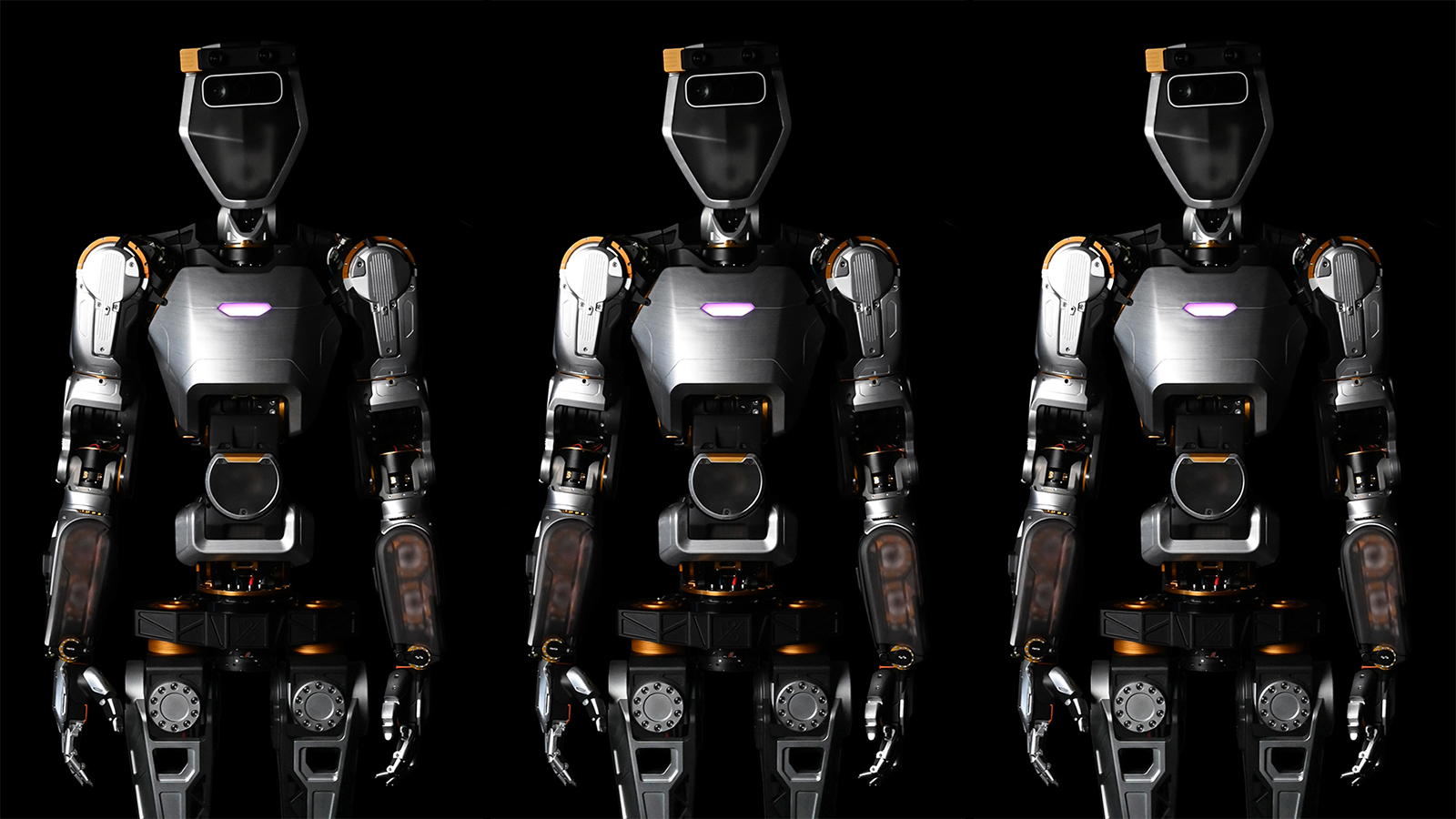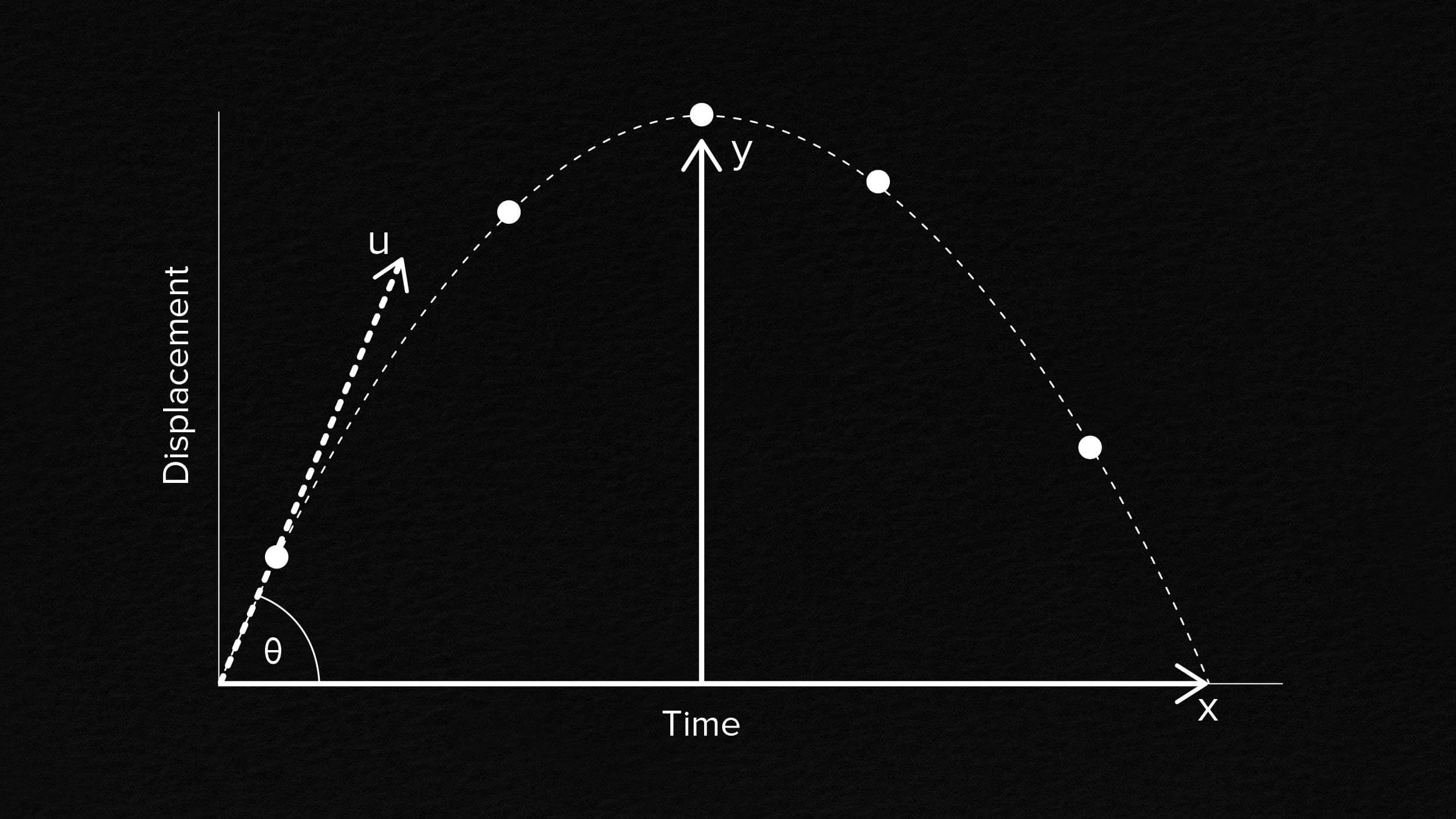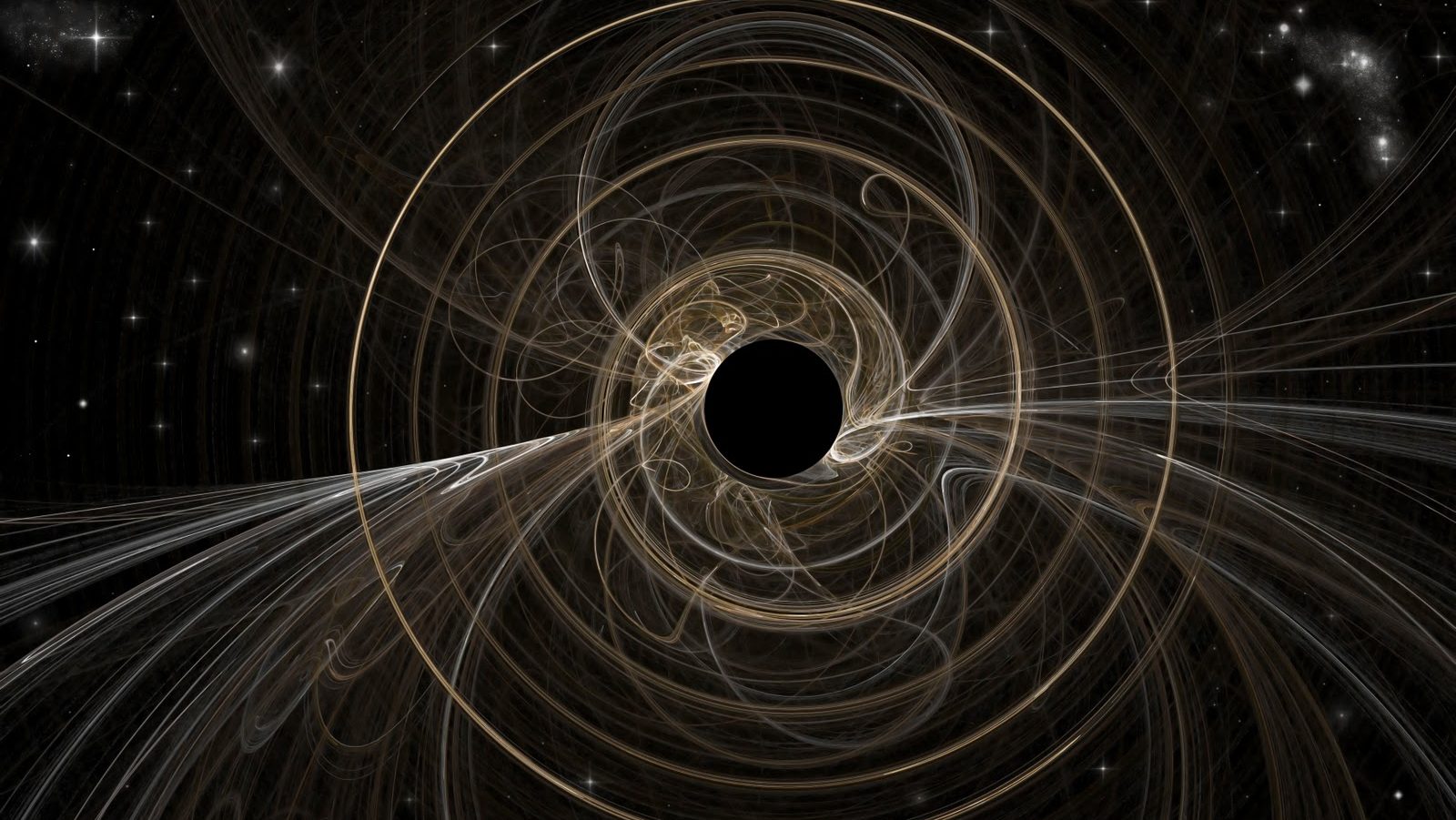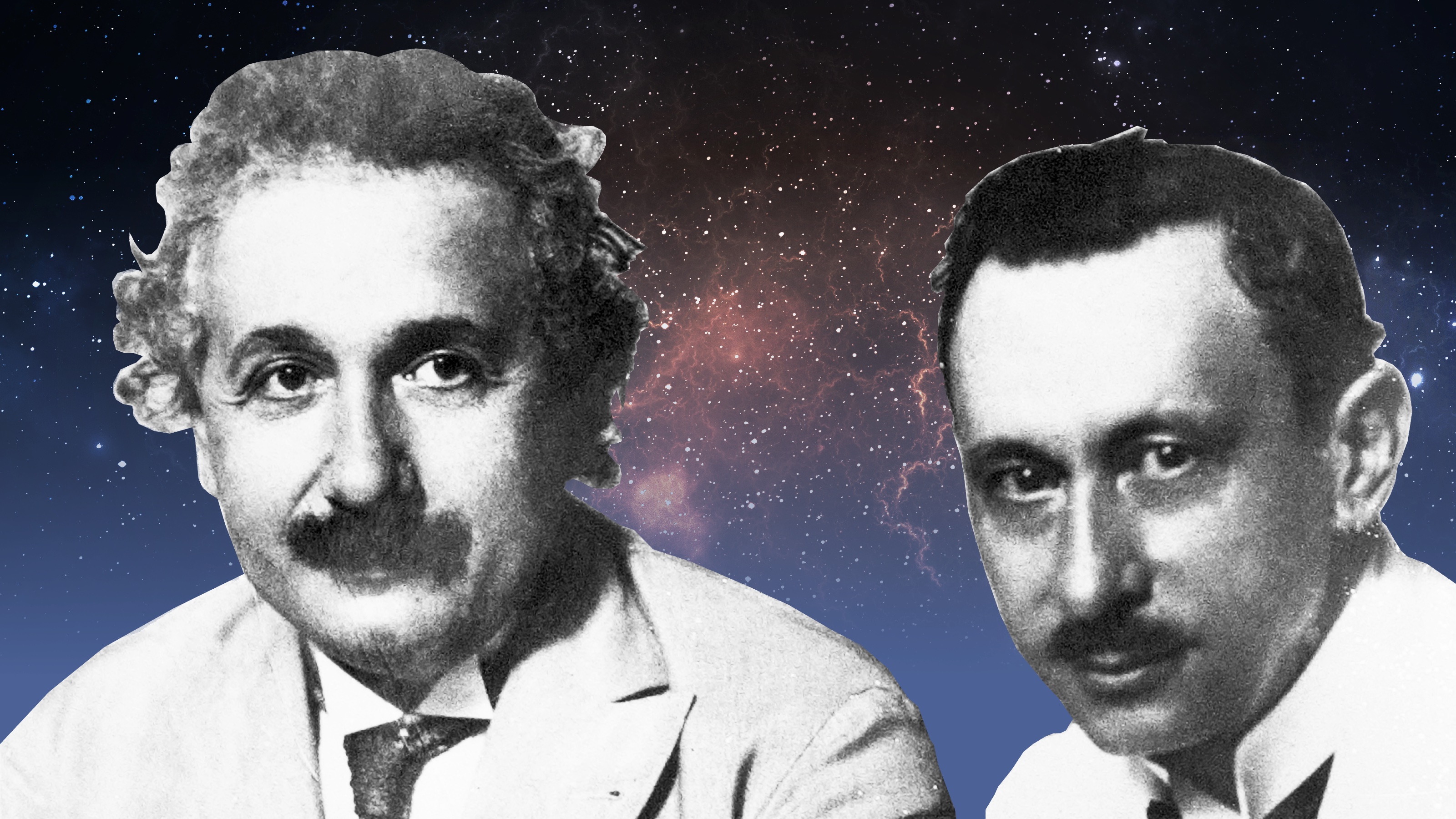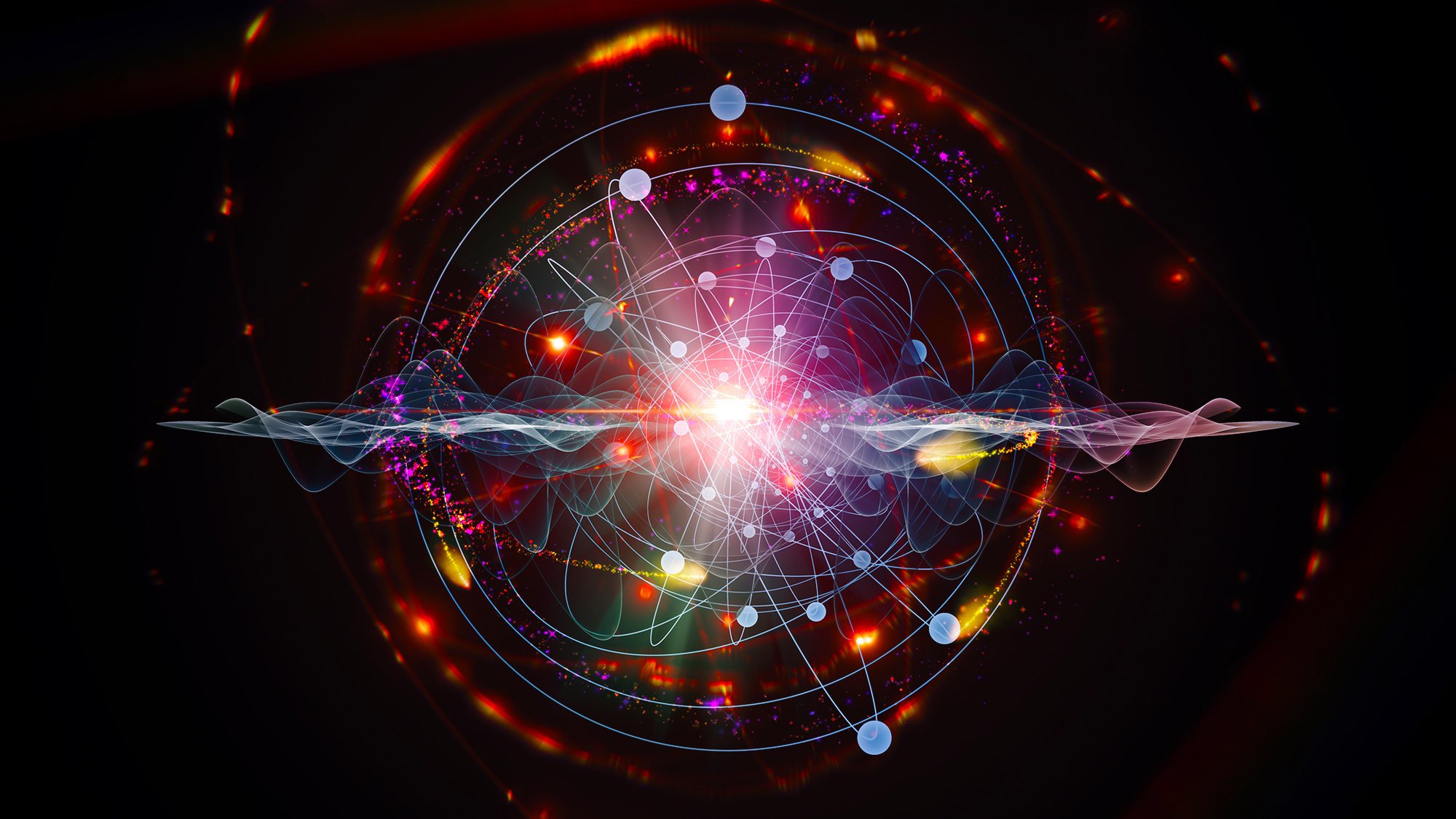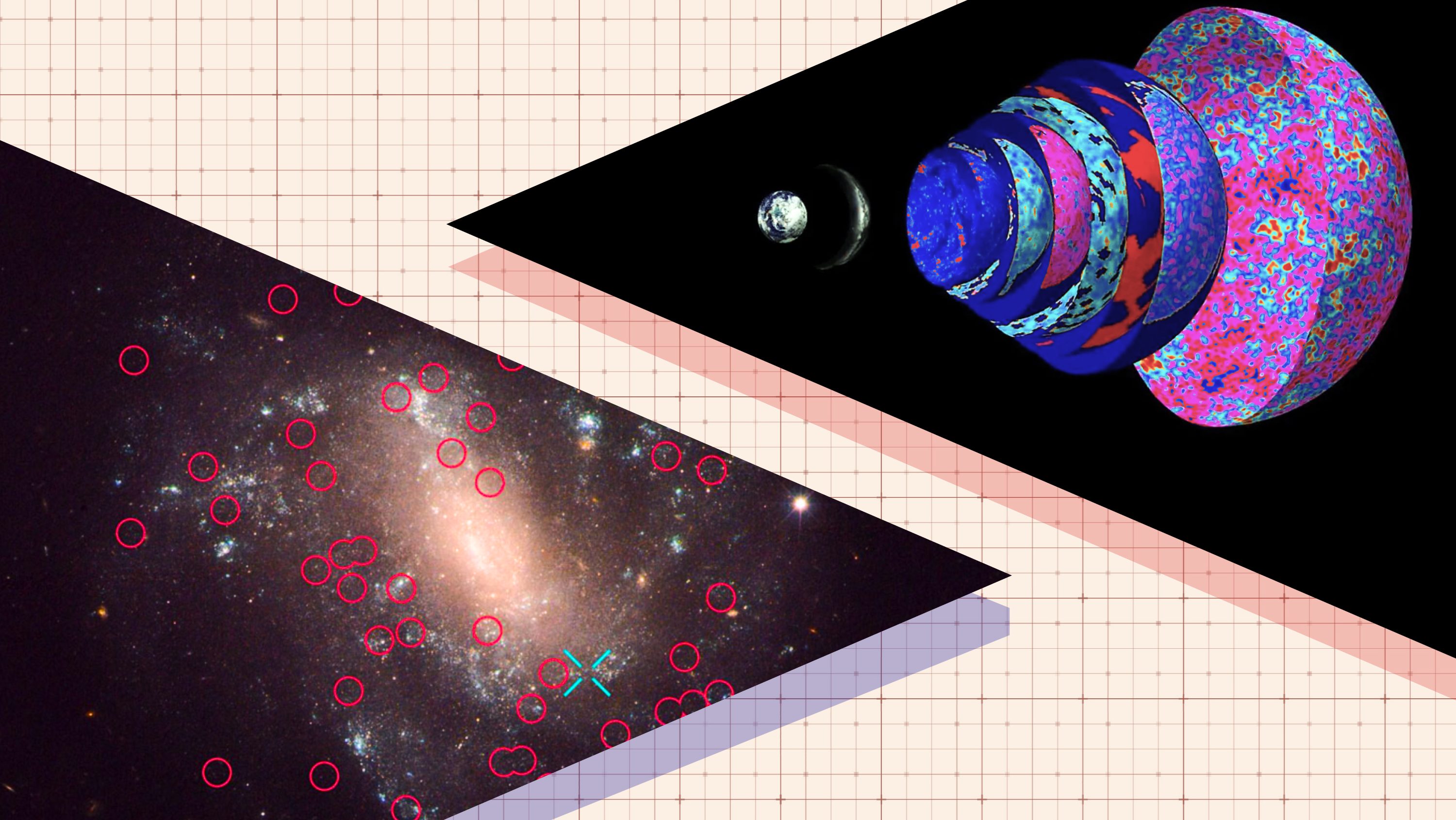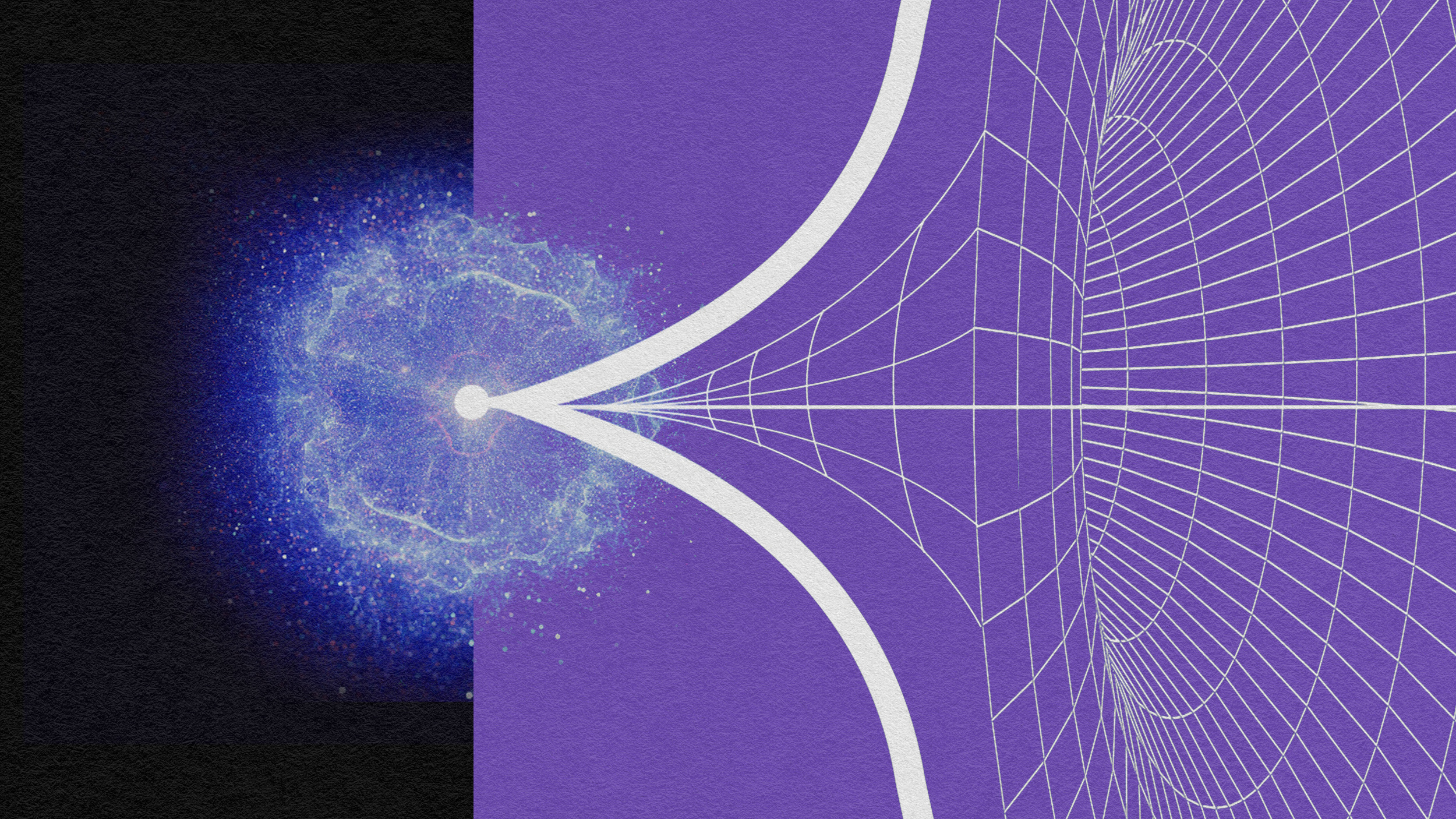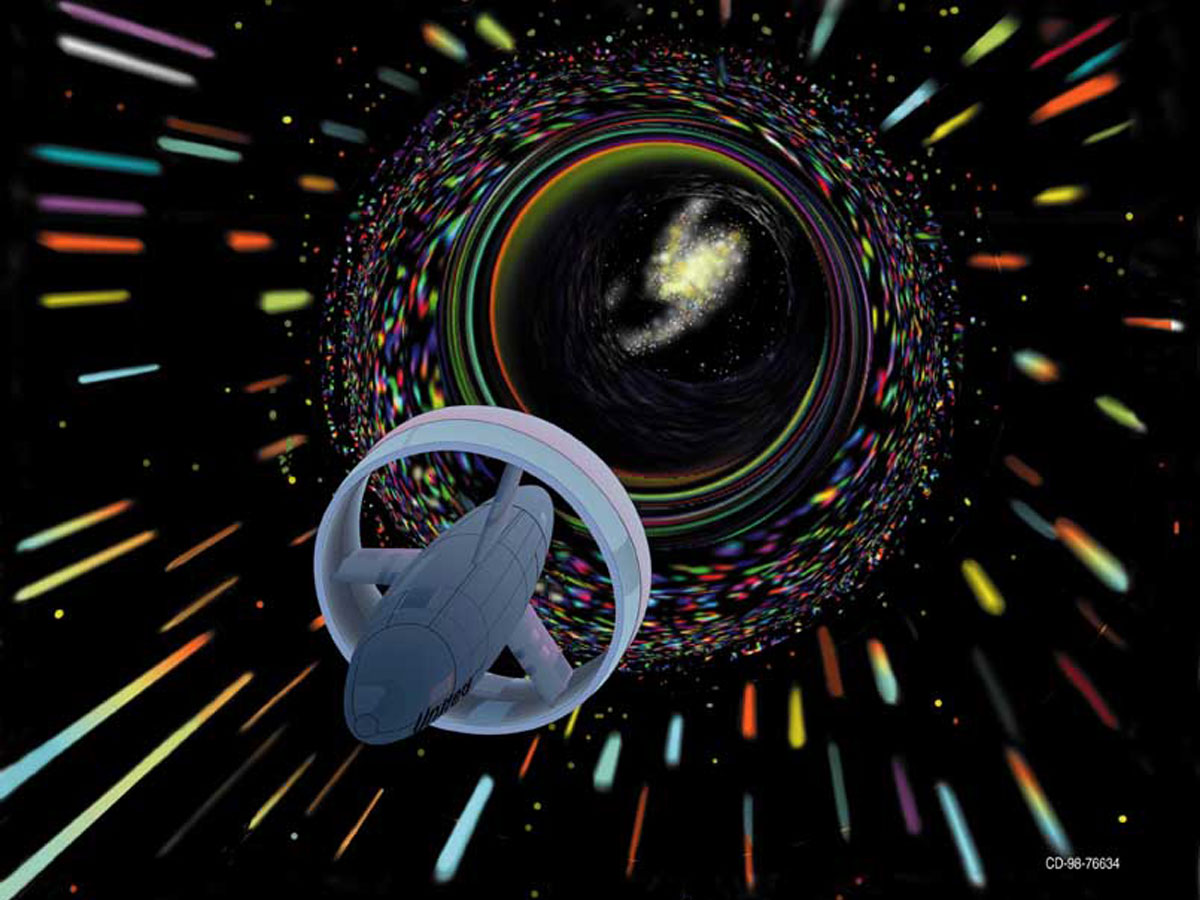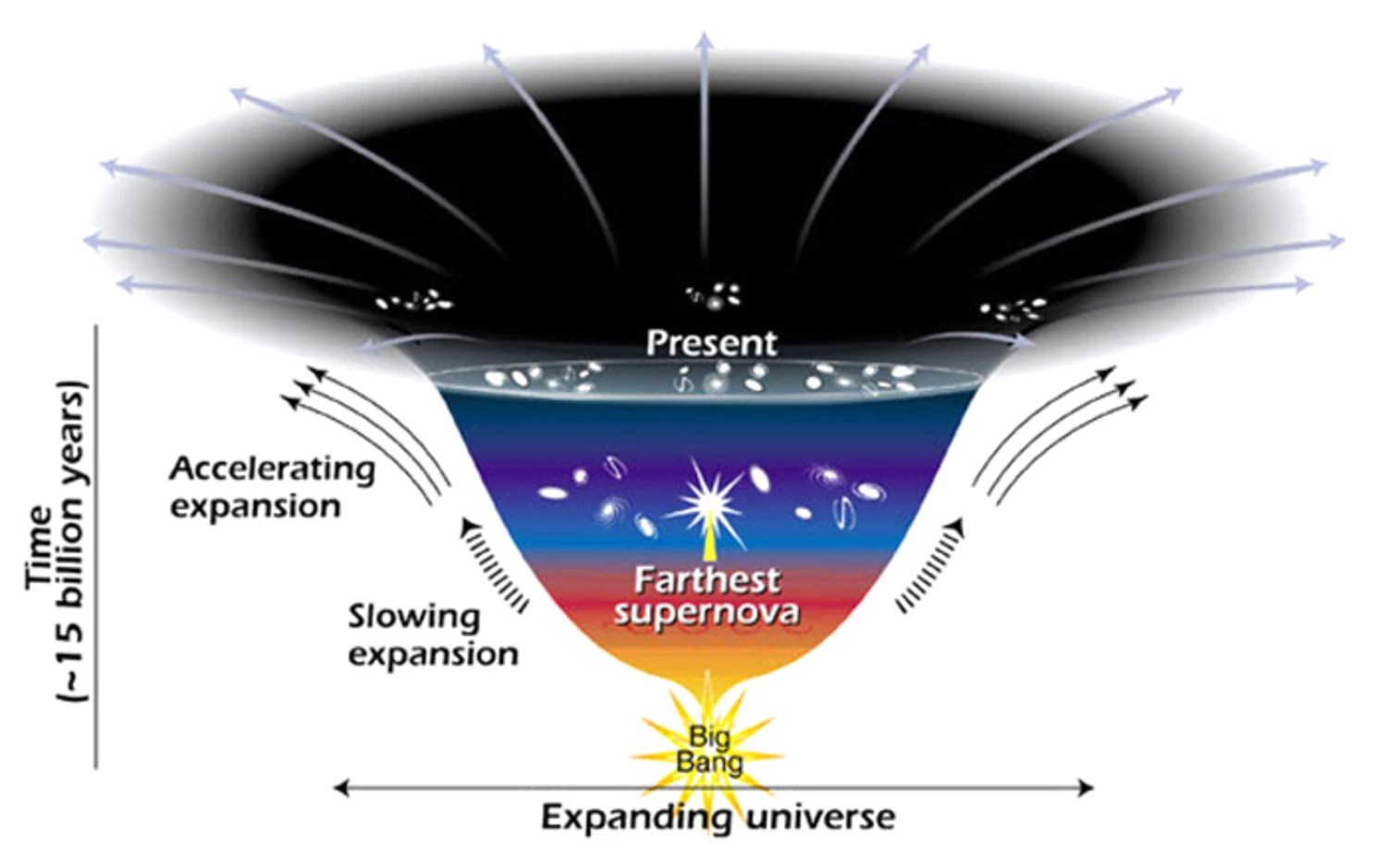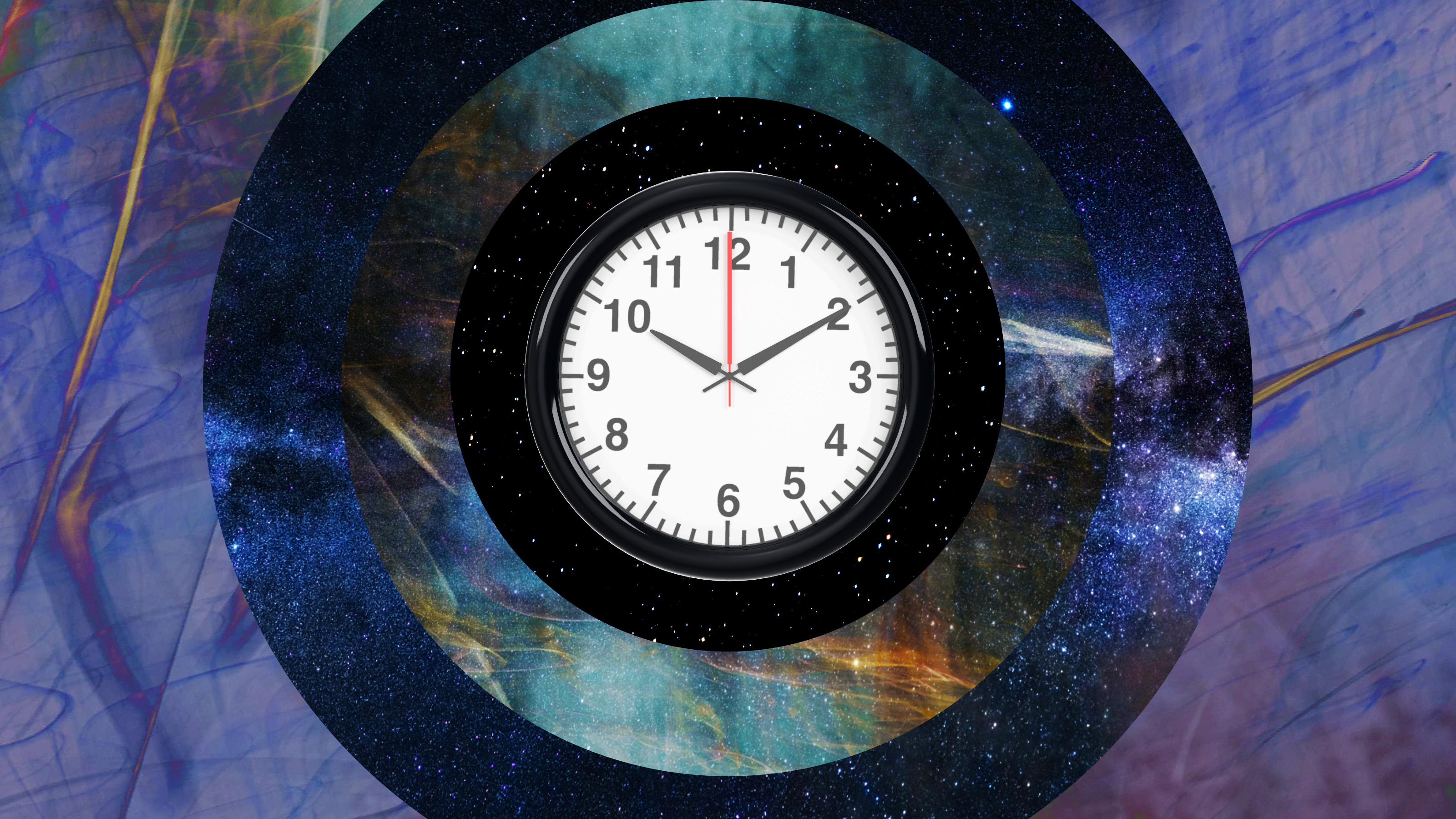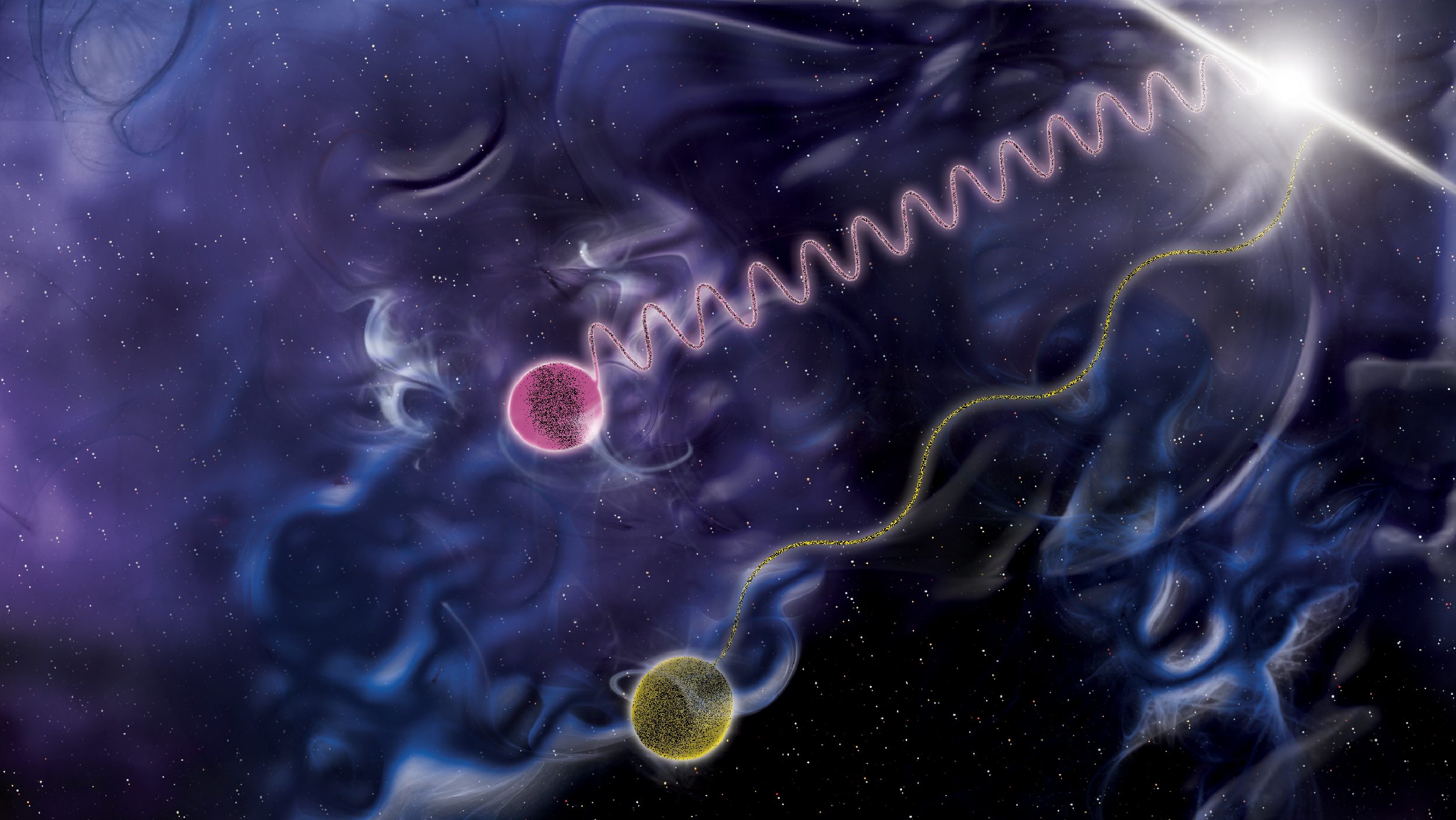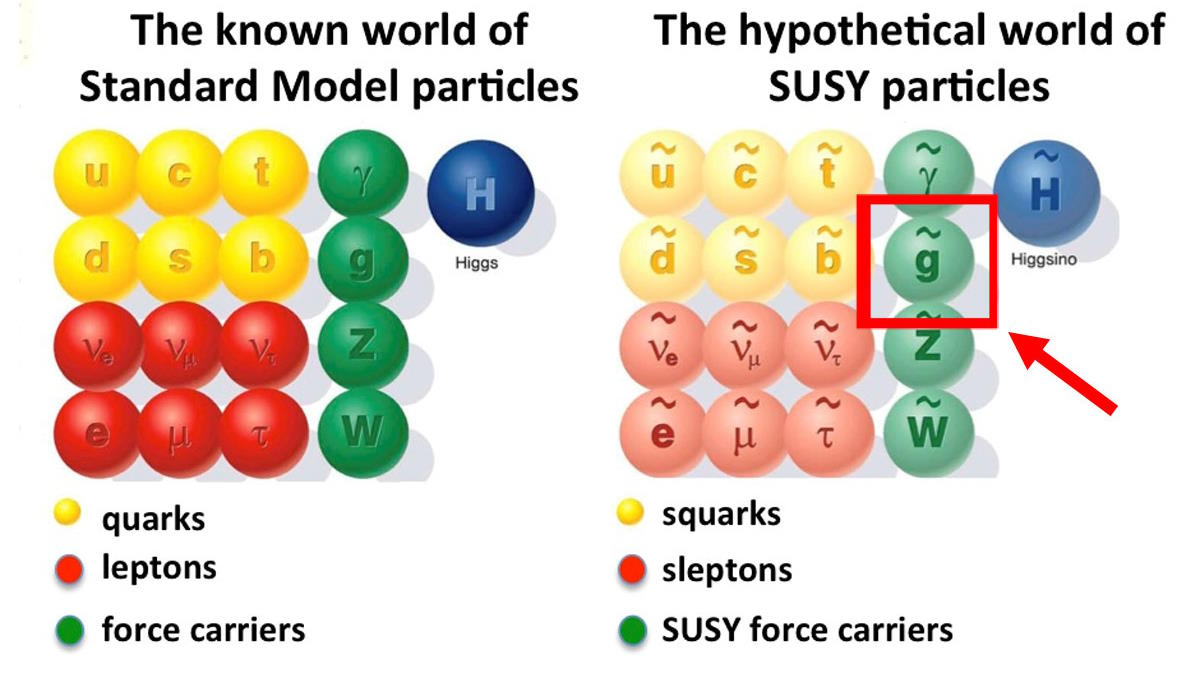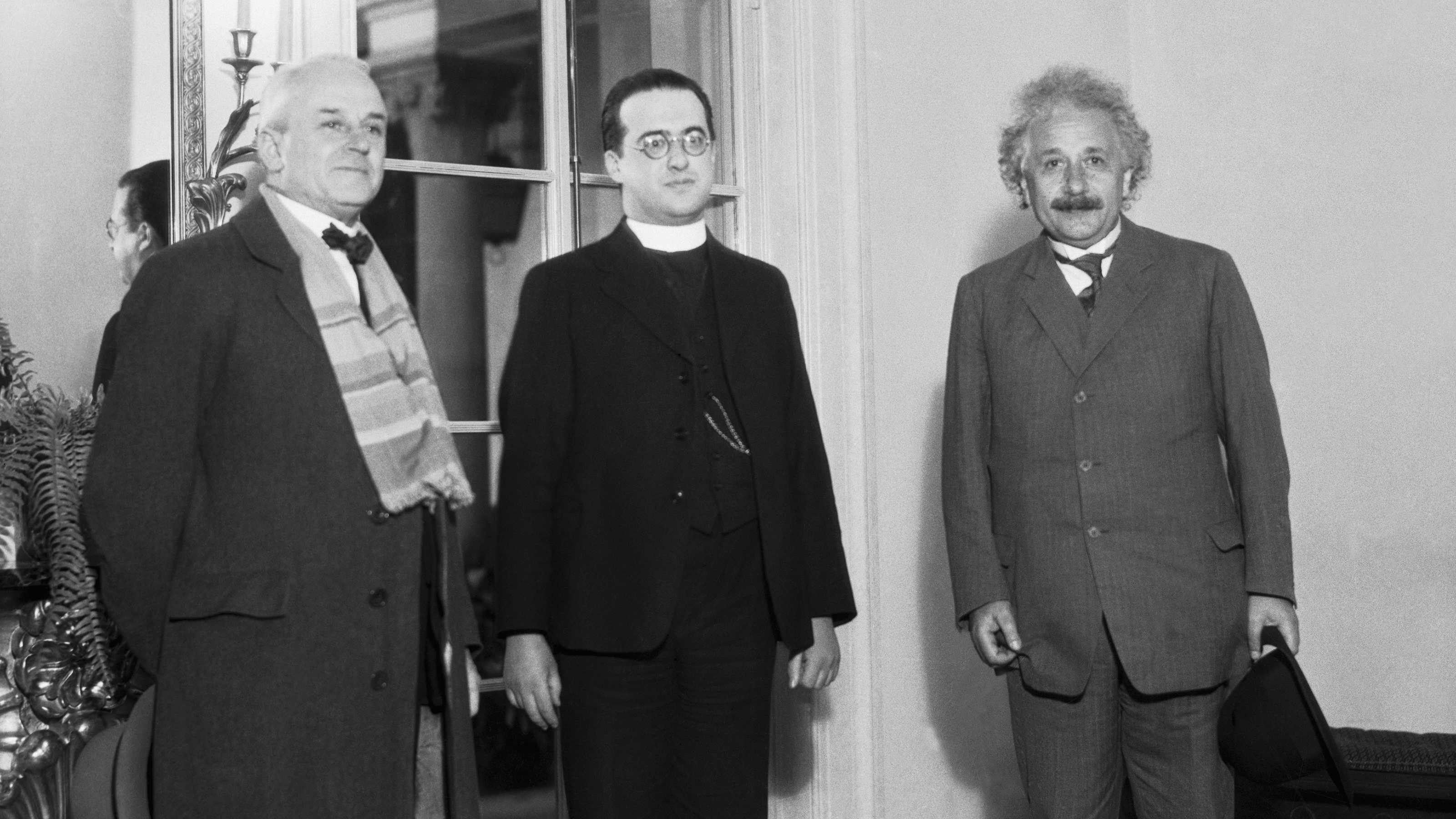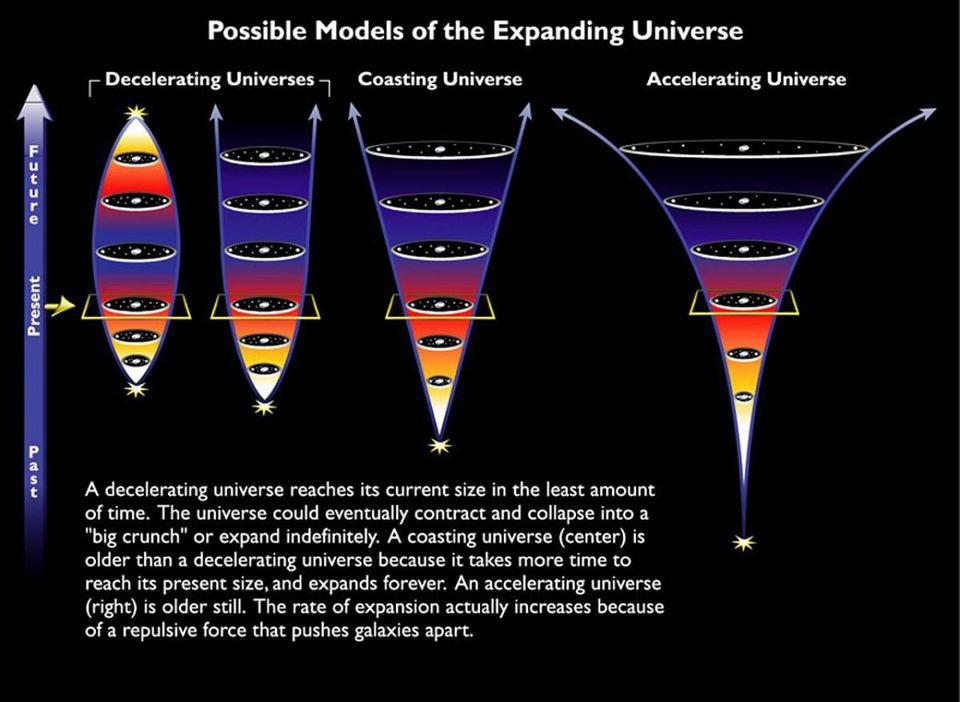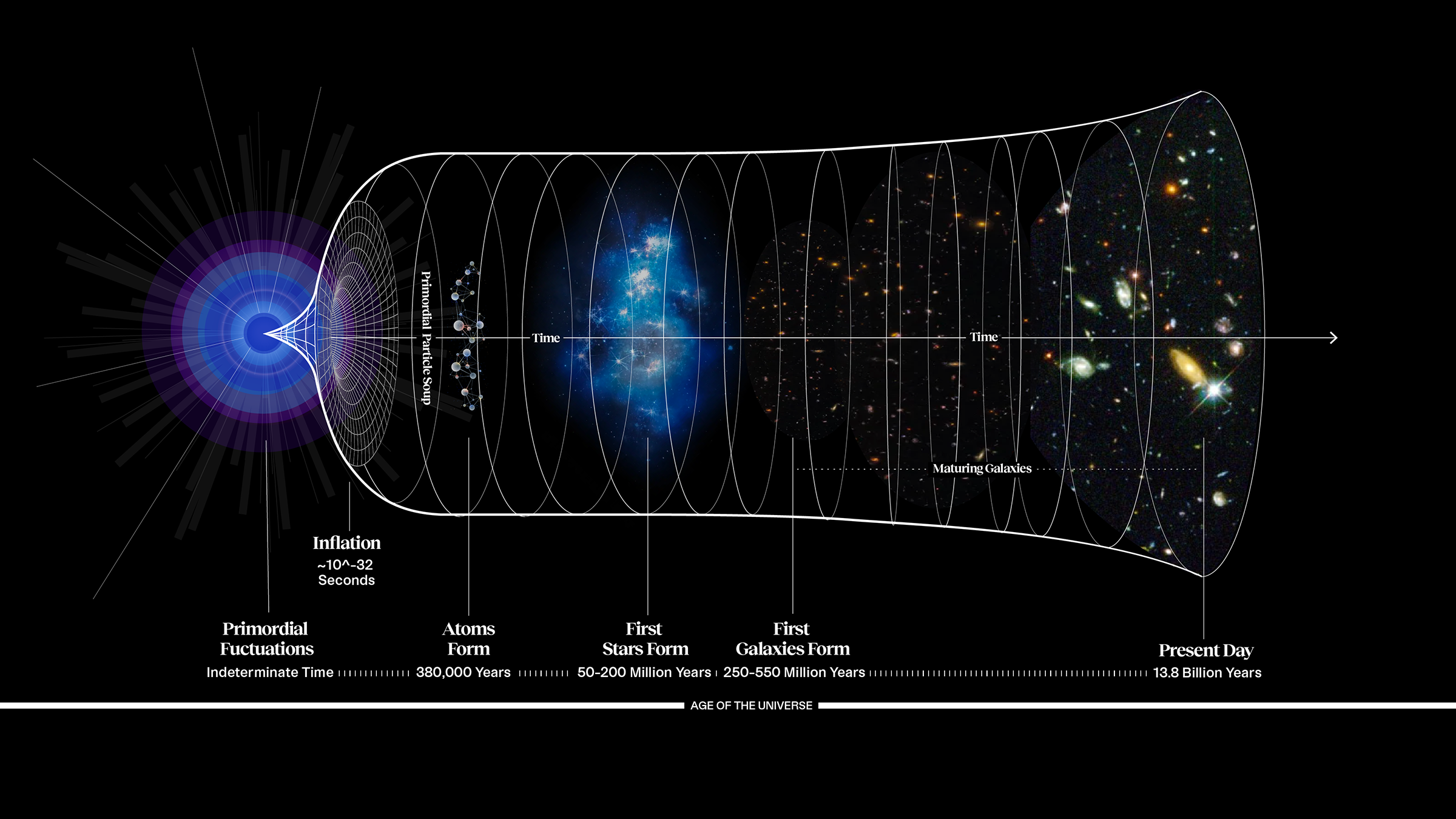It may be time for a cosmological paradigm shift.
Search Results
You searched for: Physical Constants
Early on, only matter and radiation were important for the expanding Universe. After a few billion years, dark energy changed everything.
If the Universe is expanding, and the expansion is accelerating, what does that tell us about the cause of the expanding Universe?
For many years, some cosmologists embraced the idea of an eternal, steady state universe. But science triumphed over philosophical prejudice.
Symmetries aren’t just about folding or rotating a piece of paper, but have a profound array of applications when it comes to physics.
The evidence that the Universe is expanding is overwhelming. But how? By stretching the existing space, or by creating new space itself?
Emotion dysregulation has been linked to unhealthy risk-taking, relationship challenges, and negative physical health outcomes.
Glueballs are an unusual, unconfirmed Standard Model prediction, suggesting bound states of gluons alone exist. We just found our first one.
Named “Phoenix,” this AI-powered humanoid could be your next coworker.
Taught in every introductory physics class for centuries, the parabola is only an imperfect approximation for the true path of a projectile.
It’s not about particle-antiparticle pairs falling into or escaping from a black hole. A deeper explanation alters our view of reality.
How scientists found out that we live in a cosmic aquarium.
No matter how good our measurement devices get, certain quantum properties always possess an inherent uncertainty. Can we figure out why?
In the expanding Universe, different ways of measuring its rate give incompatible answers. Nobel Laureate Adam Riess explains what it means.
The mutual distance between well-separated galaxies increases with time as the Universe expands. What else expands, and what doesn’t?
If you bring too much mass or energy together in one location, you’ll inevitably create a black hole. So why didn’t the Big Bang become one?
Without wormholes, warp drive, or some type of new matter, energy, or physics, everyone is limited by the speed of light. Or are they?
Yes, dark energy is real. Yes, distant galaxies recede faster and faster as time goes on. But the expansion rate isn’t accelerating at all.
If the evolution of the Universe is a movie, what happens when we rewind it all the way backward?
Here on Earth, we commonly use terms like weight (in pounds) and mass (in kilograms) as though they’re interchangeable. They’re not.
Philosophy can focus on some dull topics. Luckily, some thinkers have spent lots of time on the philosophy of sex
Twin Health lets patients with diabetes see what’s happening inside their own body and can model each patient’s unique metabolism.
Contrary to common experience, not everything needs a medium to travel through. Overcoming that assumption removes the need for an aether.
Scientists can make substantial progress without fully understanding exactly what they’re doing.
Nothing lives forever, at least, not in the physical Universe. But relativity allows us to get closer than ever, from one perspective.
Almost 100 years ago, an asymmetric pathology led Dirac to postulate the positron. A similar pathology could lead us to supersymmetry.
Einstein called his idea “abominable,” but the world of physics came around to embracing the views of Georges Lemaître.
Dark energy is one of the biggest mysteries in all the Universe. Is there some way to avoid “having to live with it?”
The laws of physics aren’t changing. But the Earth’s conditions are different than what they used to be, and so are hurricanes as a result.
The Universe didn’t begin with a bang, but with an inflationary “whoosh” that came before. Here are the biggest questions that still remain.
